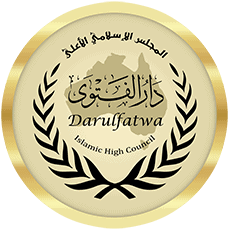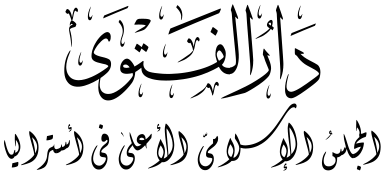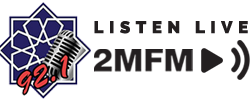Zakah is one of the most important matters in Islam. As was mentioned in the hadith of the Prophet, the Zakah is one of the five matters in which Islam is based.
Ibn Hibban narrated from the Prophet, sallallahu ^alayhi wa sallam, said what means: “Allah damns the one who consumes the usurious gains (riba), the one who gives them, and the one does not pay Zakah”. The one who abstains from paying the obligatory Zakah commits an enormous sin.
Zakah is only obligatory in these matters:
- Camels, cattle, sheep and goats;
- Dates, raisins and staple crops;
- Gold, silver, golden and silver ores, and golden and silver treasure-troves (rikaz);
- Trade articles;
- Fitr
All other owned items are not subject to Zakah. Hence, there is no Zakah on the house rented out or owned land or cars kept for other than trading. Animals, such as horses are poultry, are not subject to Zakah. Factory machinery used to produce certain products are excluded from Zakah. According to Abu Hanifah, paper and metallic money (coins) which are used as currency are subject to Zakah.
Camels are subject to Zakah, regardless of their kind. Cattles are subject to Zakah including all kinds of cows and water buffalos. Finally, sheep and goats are also subject to Zakah.
Dates are subject to Zakah. The owner of the palm trees waits until the dates are dry before paying Zakah. Similarly, the owner of grape vines waits until the grapes turn into raisins before paying the due Zakah. As to the rest of the fruits, there is no Zakah on them in their own right.
Additionally, staple crops are subject to Zakah, These include grains that provide sustenance to the body, like wheat, barley, corn, rice, lentils, and chickpeas.
Gold and silver in all forms are subject to Zakah, including currency, jewelry, ores, or treasure troves.
Trade articles are also subject to Zakah. Trade articles are articles purchased to be sold for profit, with the purpose of purchasing other articles, to be sold for profit, and so on.
The Fitr Zakah is due on every Muslim who is alive for part of Ramadan and part of Shawwal.
The due Zakah for each is a sa^. It is an obligation upon the Muslim to pay the due Zakah for himself and his Muslim dependents if on the day of Eid and the night after it one has enough to meet his debts, clothing, lodging, and sustenance, and the sustenance of those whom one must support.
For all types of Zakah, the intention is obligatory upon setting one’s Zakah aside. Zakah must be paid to the Muslims who meet the requirement among the eight categories deserving of Zakah.
The eight categories deserving of Zakah are:
(Fuqara’): Those who are poor and who earn less than half of their basic needs.
(Masakin): Those who are poor and who earn half or more yet less than what meets all their basic needs.
(Al-^amilun ^alayha): The Zakah workers who are assigned by the caliph.
(Al-mu’allafatu qulubuhum): The new converts to Islam whose hearts are to be reconciled.
(Riqab): The slaves who are short in satisfying their contract for purchasing their freedom from their owners.
(Gharimun): Those who are unable to pay their debts.
(Fi sabilillah): The volunteer fighters.
(Ibn-us-sabil): The travellers who are unable financially to reach their destination.
It is neither permissible nor valid to pay Zakah to other than those eight types of people specifically mentioned. That is why it is not valid to pay Zakah as funding for any charitable project such as building a mosque or the like.
It is not permissible to pay Zakah to any member of the Hashim or al-Muttalib clan. Hashim and al-Muttalib were brothers, the sons of ^Abdu-Manaf one of the great grandfathers of Prophet Muhammad.
And Allah knows best






